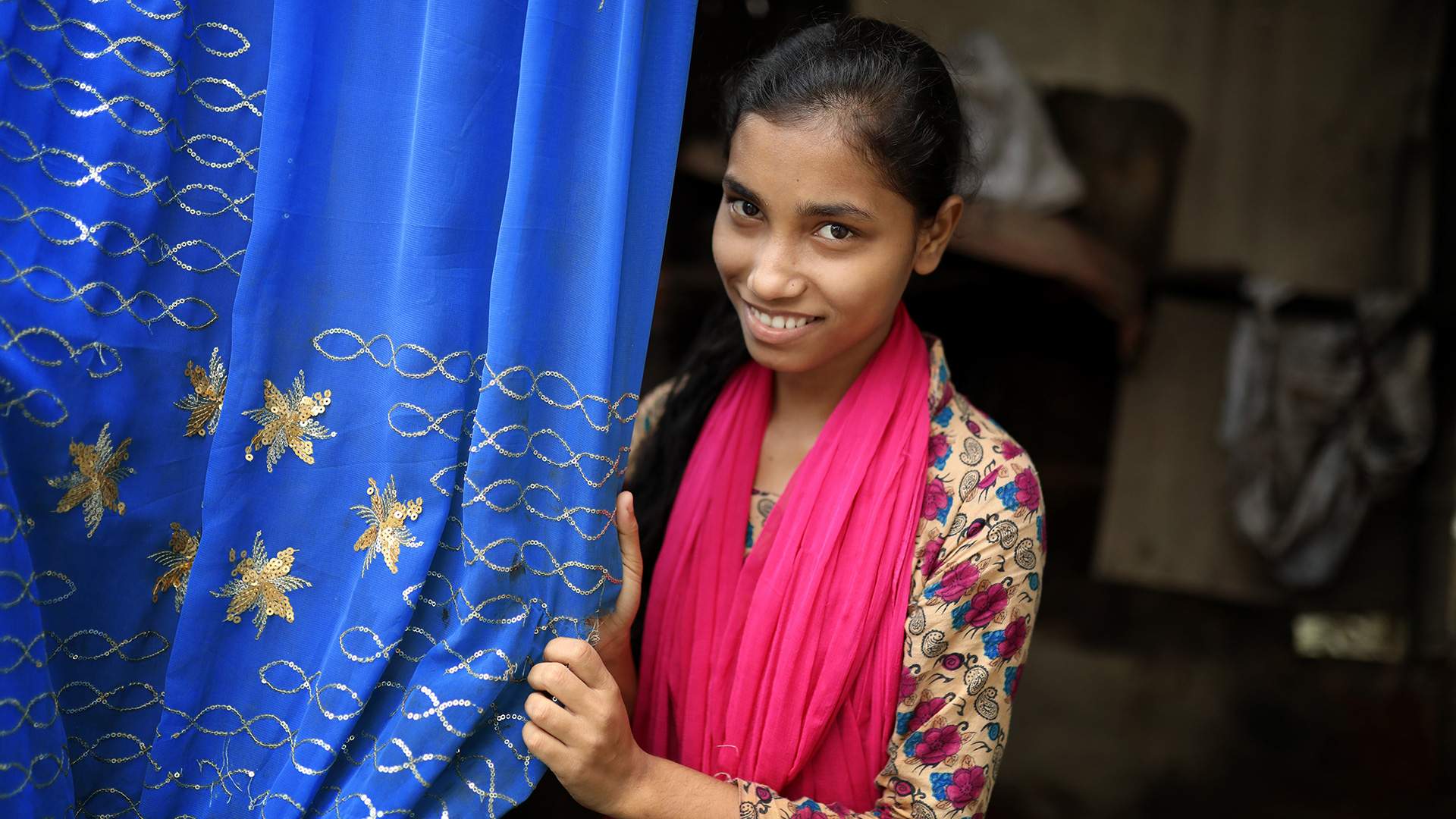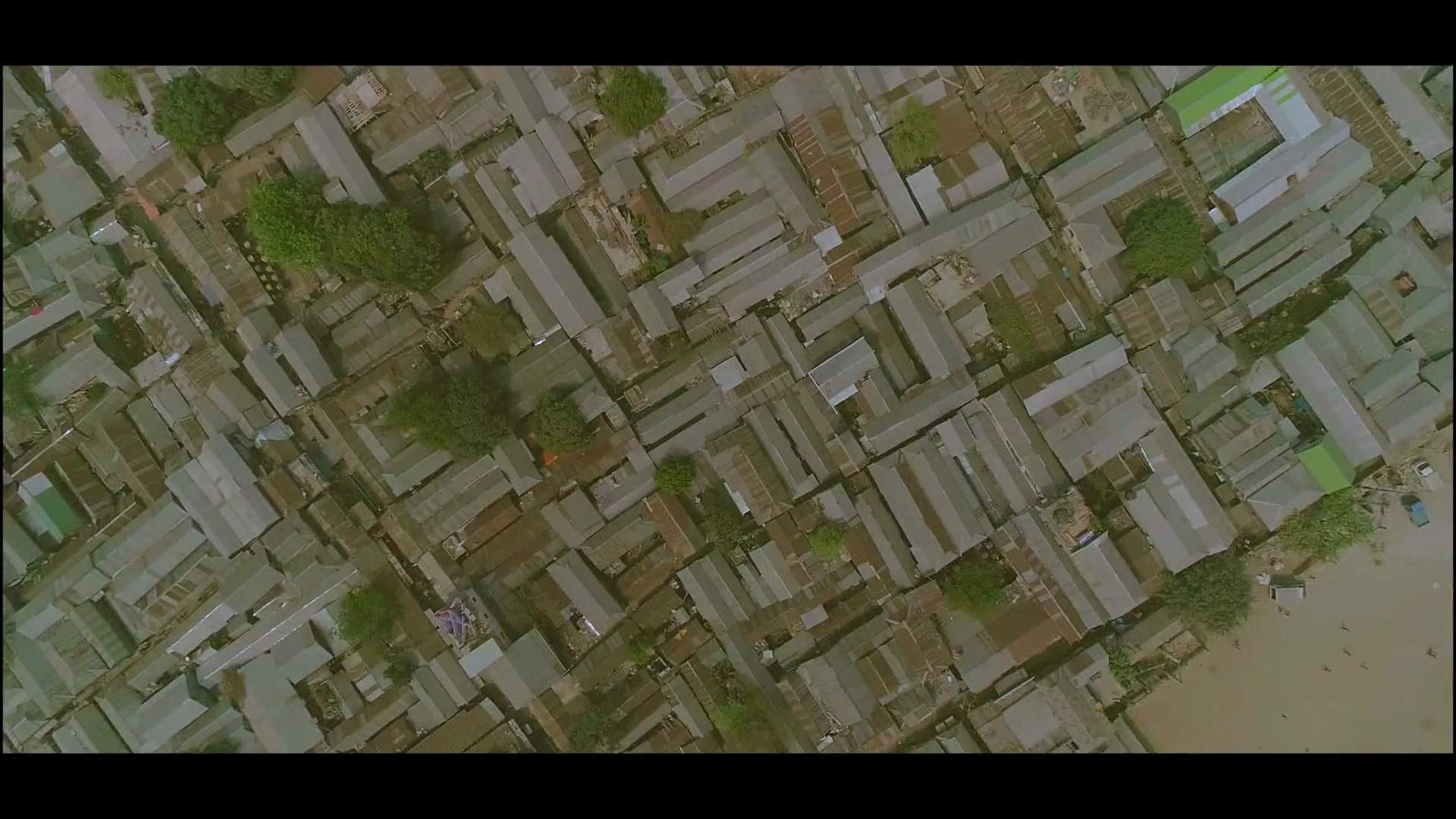50% of Bangladesh’s population will be living in urban areas by 2050. 20 million people are currently living in urban informal settlements.
We deliver customised, affordable and quality basic services to people living in urban poverty and link them with government and non-government services.
In parallel, we empower communities on citizen rights and entitlements, support low-income communities to benefit from urban growth and strengthen their capacity to develop, adopt and effectively implement pro-poor policies and services in urban spaces.
We work in partnership with the government, private sector, professional and other non-government organisations, We build innovations that can bring transformational changes, create opportunities and play a role in better services for urban residents.
Through a network of entrepreneurs and staff, we provide land services, including land measurement, to help people with the least access to property to navigate the land ownership system.

SHUBORNA AKHTER
My mother found out that I was deaf and mute when I was three years old. She had worked with children with disabilities before, and used her training to teach me the alphabets, numbers and sign language. I started speaking using them when I was six.
My father was worried, and would cry at night. How will we educate her? How will she walk on a busy street? What will she do when we are gone? I wouldn’t flinch at loud noises. I would cry for hours without a sound.
My mother home-schooled me. I became really independent. She would write the name of a place on a piece of paper and I would get on a rickshaw or a bus to get there, alone.
I have always been aware of our financial situation. When my father took me shopping, I never wanted expensive things. I was happy with a packet of pickle for BDT 2 (USD 0.02). In general I try to spend as little as possible. I’ve recently bought a large bed and a wardrobe for my parents’ bedroom though. They deserve comfort after a hard day’s work, and I can now afford it. I’m earning BDT 9,500 (USD 100) a month. I was trained in stitching through BRAC and I work at a garment factory. I am currently saving up for a fridge because my father, sitting in his small street shop for hours, constantly craves cold water.
My parents are not as worried as they once were. I am their pride. People know them as Shuborna’s parents.

